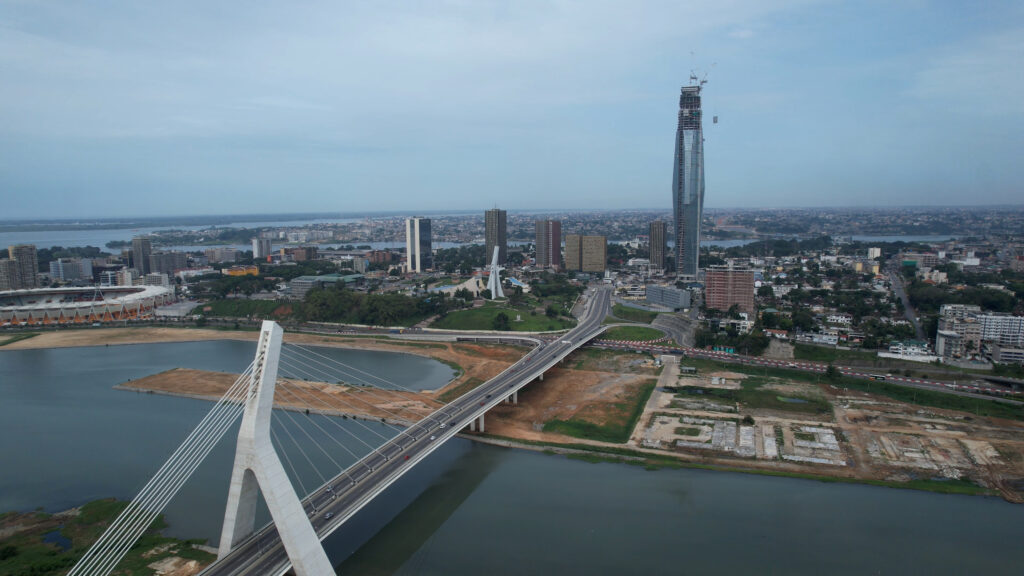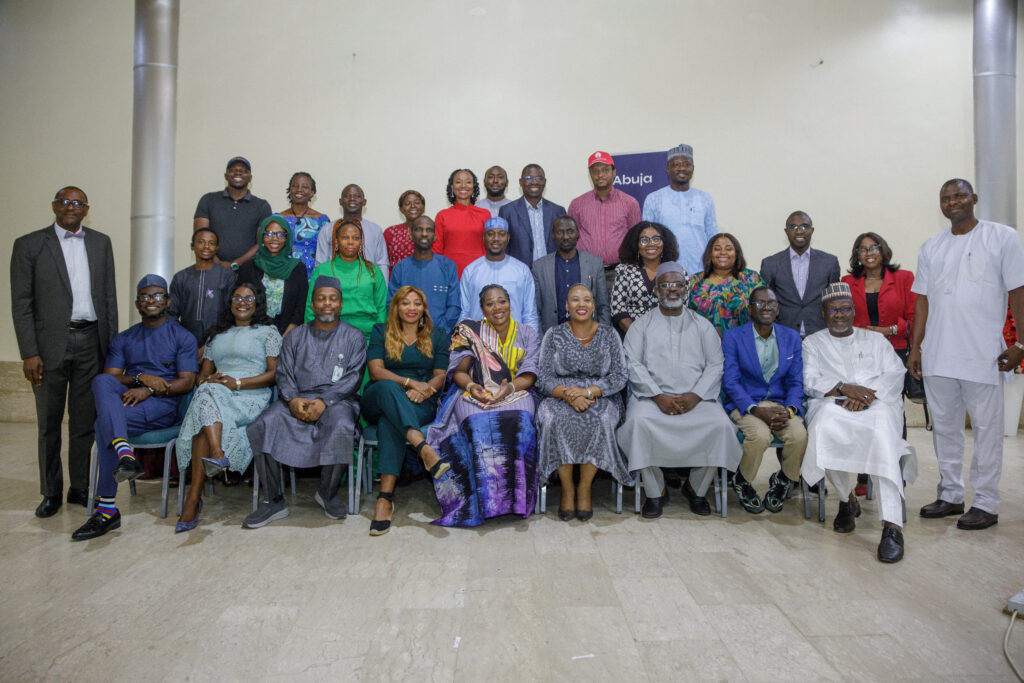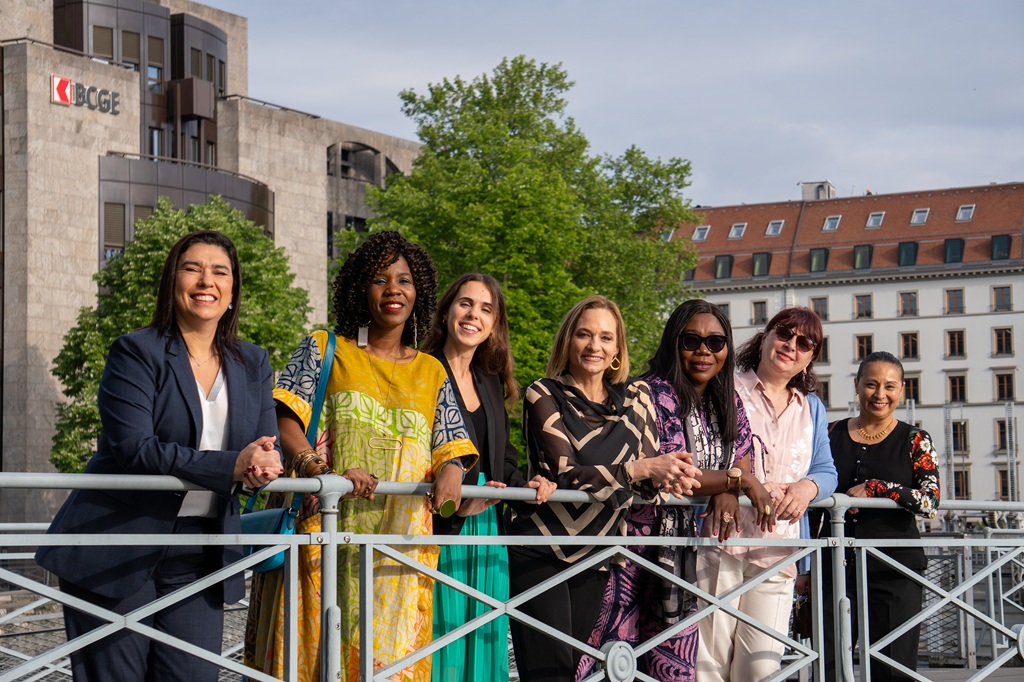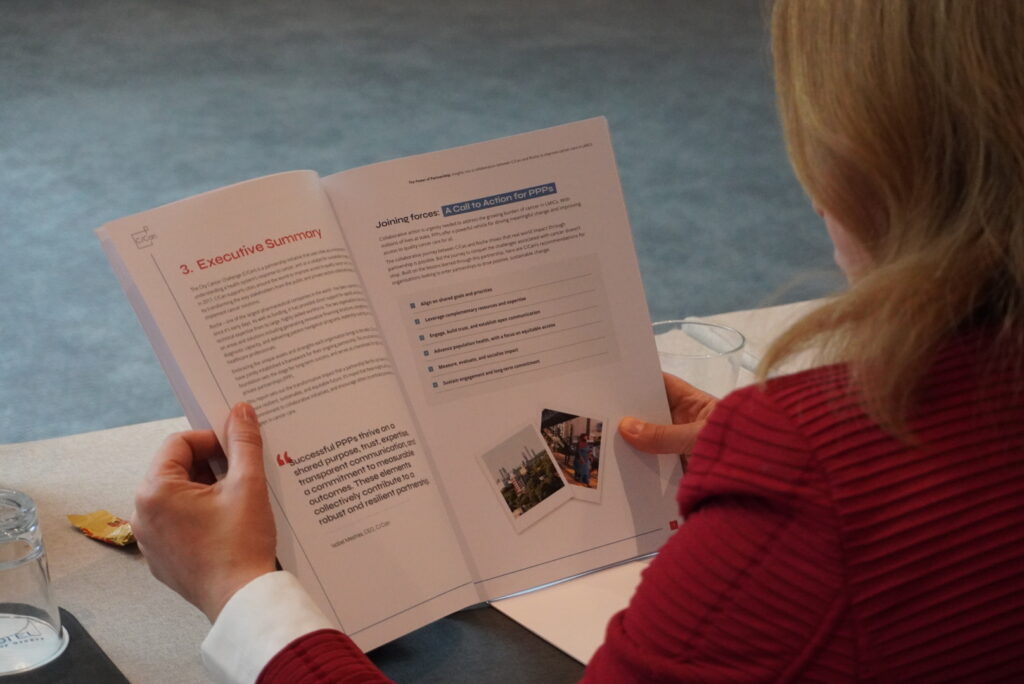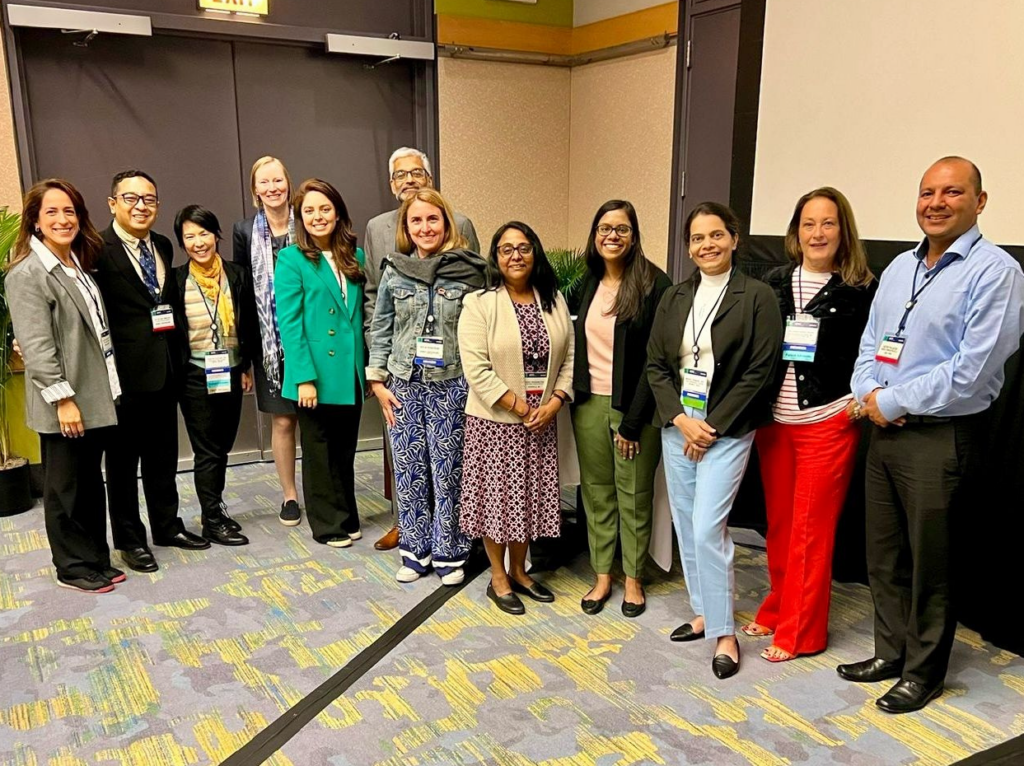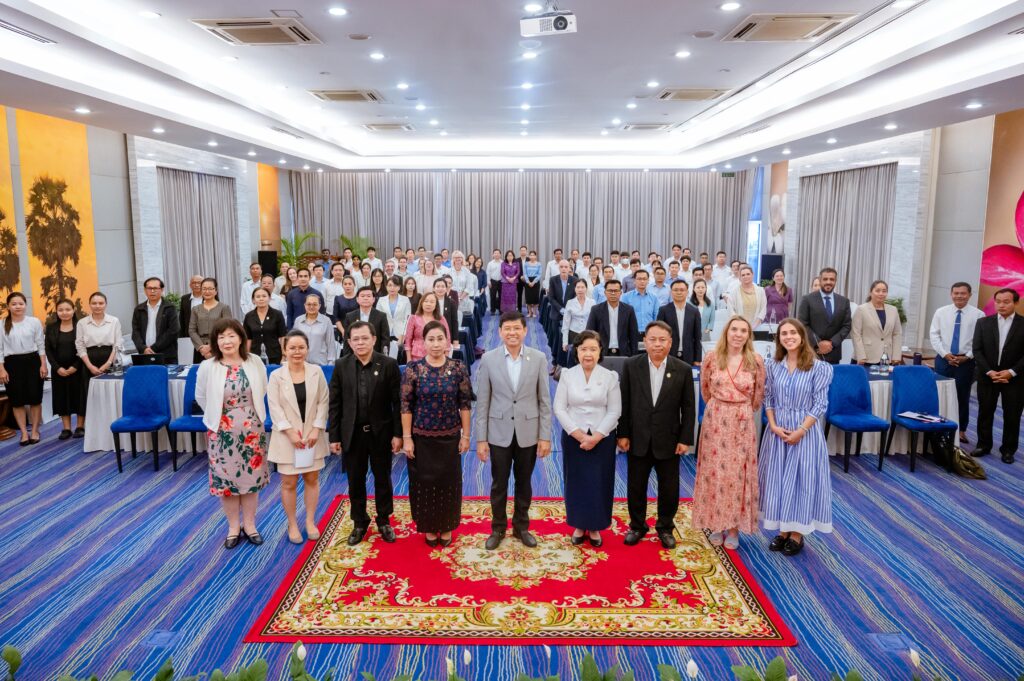
C/Can’s TeleECHO™ initiative helps cancer care professionals share experiences
Over the last three months, City Cancer Challenge (C/Can) has organised six virtual TeleECHO™ sessions on a range of topics around delivering quality cancer care. This is part of C/Can’s broader effort to coordinate insight-sharing across regions and embrace connected health. The goal of the TeleECHO™ programme is to enable medical professionals across the C/Can cities to learn from each other and international experts in the cancer field to advance local cancer solutions. To date, 120 participants across five continents have benefited from the programme.
“The C/Can TeleECHO™ programme enables cities to exchange experiences and knowledge, revealing that there are many common aspects in their cancer care settings. This way they can share solutions, enhancing their preparedness for cancer care”: Dr Beatriz Hornburg from Brazil’s Centre of Anatomical Pathology Diagnosis (CEDAP), who led the Spanish session on pathology.
TeleECHO™ brings stakeholders together to drive new cancer care initiatives
Through expert presentations, case studies from C/Can cities, and thoughtful discussions, participants have learned about scalable strategies for local engagement and consensus-building. Many have commented that they face similar challenges as other cities, despite contextual differences, such as limited resources or access to new technologies. Another common theme has been the importance of aligning multidisciplinary stakeholders, across both the public and private sectors, to drive forward new cancer care initiatives.
ZOOM IN
Setting up quality control programmes in pathology laboratories.
The first topic, led by Dr Jane Brock in English and Dr Beatriz Hornburg in Spanish, covered the development of a quality system for pathology laboratories in order to provide safer and faster diagnoses and treatments to patients. The discussion focused on the local solutions for establishing Standard Operating Procedures, adopting best practices, strengthening public-private collaborations, and reallocating time and resources to prioritise this work.
“All C/Can cities face the same pathology challenges. Financial resources are limited, but there are many things labs can do, like writing rules everyone must stick to for how they handle specimens and perform tests, and quality checking their workflows and the results they report out. These kinds of quality improvements require time, and effort to implement, and a willingness to change, and do not always need more money.”: Dr Jane Brock from the Harvard Medical School who led the English session on pathology.
Increasing access to quality radiotherapy services.
These sessions, led by Dr Rodolfo Alonso in English and Spanish, highlighted the power of multidisciplinary alliances, as well as the importance of involving non-radiotherapy professionals, when advocating for greater investments in radiotherapy. Participants also discussed the importance of investing in maintenance of radiotherapy technologies and appropriate training for personnel.
“To convince decision-makers to invest in Radiation Oncology, we have been emphasizing the importance of quality cancer care and leveraging a multidisciplinary team to advocate for more and better techniques, technologies, and treatments.”: Dr Sergio Cafiero, Cali, Colombia, who participated in the session.
Implementing resource-stratified guidelines for management of cancer patients.
Guidelines help providers and recipients of healthcare make informed decisions and ensure harmonization of cancer care within cities. During these sessions, hosted by Dr Pramesh C.S. in English and Dr Lucia Delgado in Spanish, participants discussed the importance of writing inclusive guidelines that address the benefits and limitations of various interventions. It is also critical that the guidelines are adapted to the specific local context and represent different multidisciplinary perspectives to ensure effective implementation and adoption.
“C/Can is helping us build the right guidelines to create standardization and ensure a basic quality of care for all patients”: Dr André Fay, Porto Alegre, Brazil, who participated in the session.
C/Can builds on TeleECHO™ experience
In the upcoming sessions, C/Can will continue coordinating participation between our cities and supporting them to gather actionable insights to implement their cancer care projects. From September to December, ten more TeleECHO™ sessions, in both English and Spanish, will be hosted for medical professionals in C/Can’s cities, covering the following topics:
- Implementing guidelines for the management of invasive cervical cancer
- Implementing guidelines for the management of invasive breast cancer
- Adopting a multidisciplinary approach to cancer care
- Defining the role of nursing in cancer care
- Establishing quality control in cancer care
“In an increasingly global and digital world, we see these virtual discussions as a valuable tool to mobilise technical assistance and sustain city-to-city collaborations in a cost-effective way”: Diogo Neves, Senior Manager of Technical Assistance and Partnerships at C/Can who is leading the C/Can TeleECHO™ programme.
We take this opportunity to thank all of our partners for supporting this initiative, particularly Roche and Project Echo. We also appreciate the time and dedication of the international experts who are leading these sessions.
